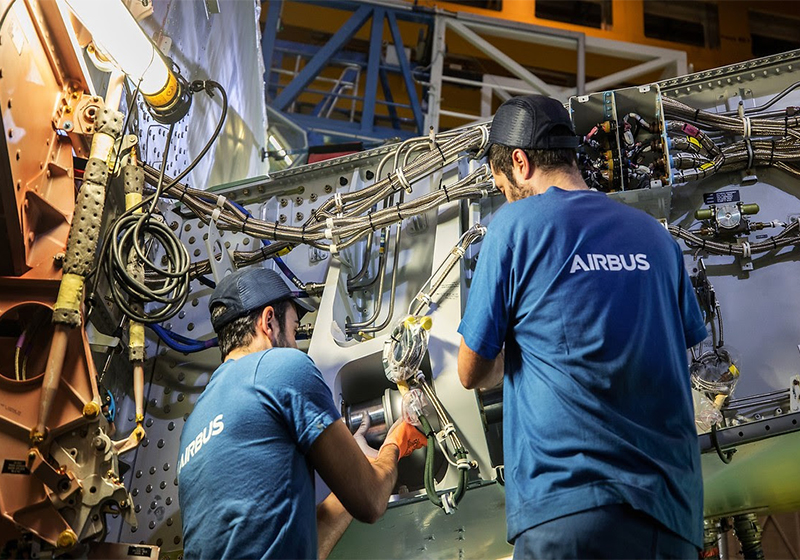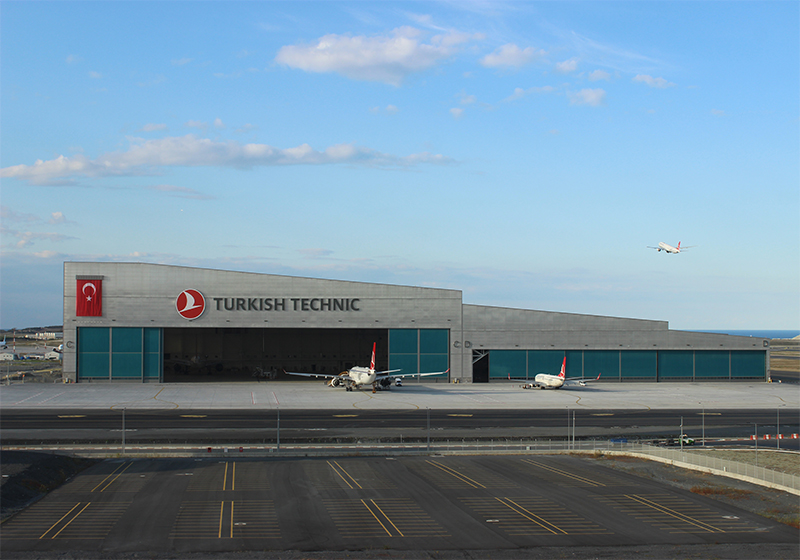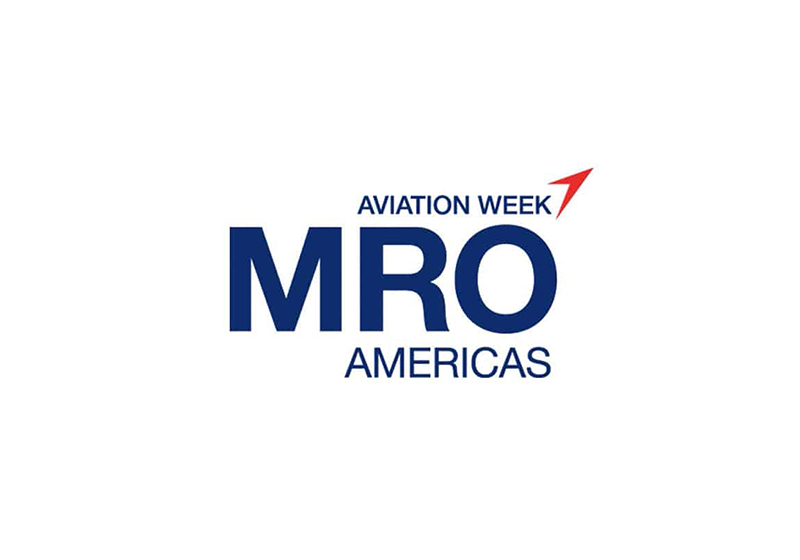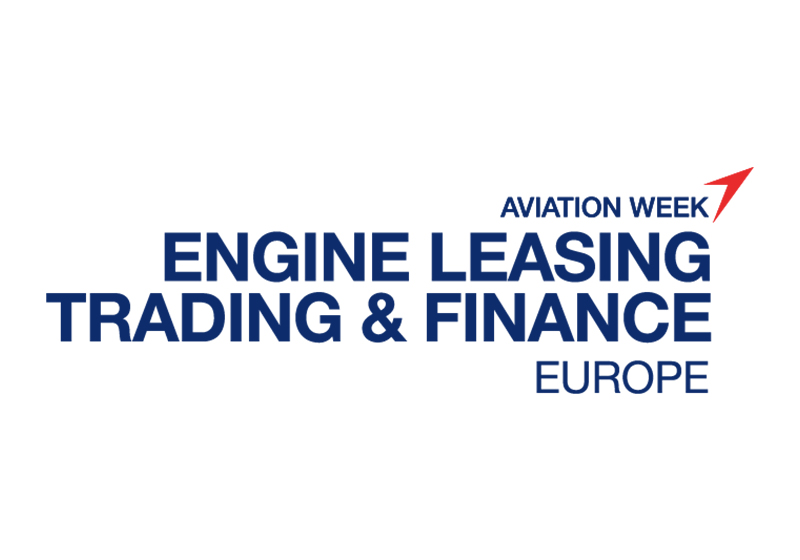The European commercial aircraft services market is expected to significantly grow in value by nearly 49% from US$37bn in 2024 to US$55bn in 2043 according to Airbus’ latest Global Services Forecast (GSF).
Alongside consistent passenger traffic demand based on a compound annual growth rate of 2.7% (CAGR) estimated for 2027-2043, it is assumed that European carriers will invest in about 8,000 new aircraft, of which 75% will be single-aisle and 25% wide-bodies. More than 54% of these new aircraft are intended to replace current fleets. Overall, by 2043 more than 10,000 aircraft will be in service compared to around 6,300 (end of year 2023), resulting in a strong demand by operators for maintenance and connectivity solutions.
As a result of this fleet modernisation trend in Europe, the ratio of new generation aircraft is going to triple from nearly 30% in 2024 to more than 90% in 2043. To best cater for the latest connectivity features of these modern aircraft, the services market will focus on an enhanced portfolio of digital connectivity solutions between the aircraft and the ground. With aircraft increasingly becoming a data hub, new opportunities for analysis and qualitative real-time information to support efficient operations and maintenance will arise.
In Europe, maintenance represents almost 85% of the total services market. This ‘Maintain’ sector will grow from US$31bn in 2024 to US$47bn in 2043 (+2.1% CAGR) due to material management related to fleet growth, increased dismantling and predictive maintenance to minimise unscheduled events. The ‘Enhance’ sector, mainly concerning cabin upgrades and integration of connected systems for fuel reduction, is projected to increase from US$3 billion in 2024 to US$5 billion in 2043 (+2.7% CAGR). The ‘Train and Operate’ market supporting the demand for additional 420,000 skilled workers in European aviation services will rise from US$2.7bn to US$3.2bn in 2043.
“Airlines will increasingly benefit from enhanced support through predictive maintenance solutions, optimising the flight operation performance and reducing the number of delays and cancellations. In 2043 specifically, these savings are expected to reach around US$800 million. Besides, air travellers will also increasingly benefit from enhanced connectivity features - we look at a growing trend from 120m passengers in 2024 to 1.2bn in 2043 demanding bespoke in-flight experience in the domestic market, with digital natives representing the largest group,” said Sonia Dumas, Head of Airbus Services Marketing.






